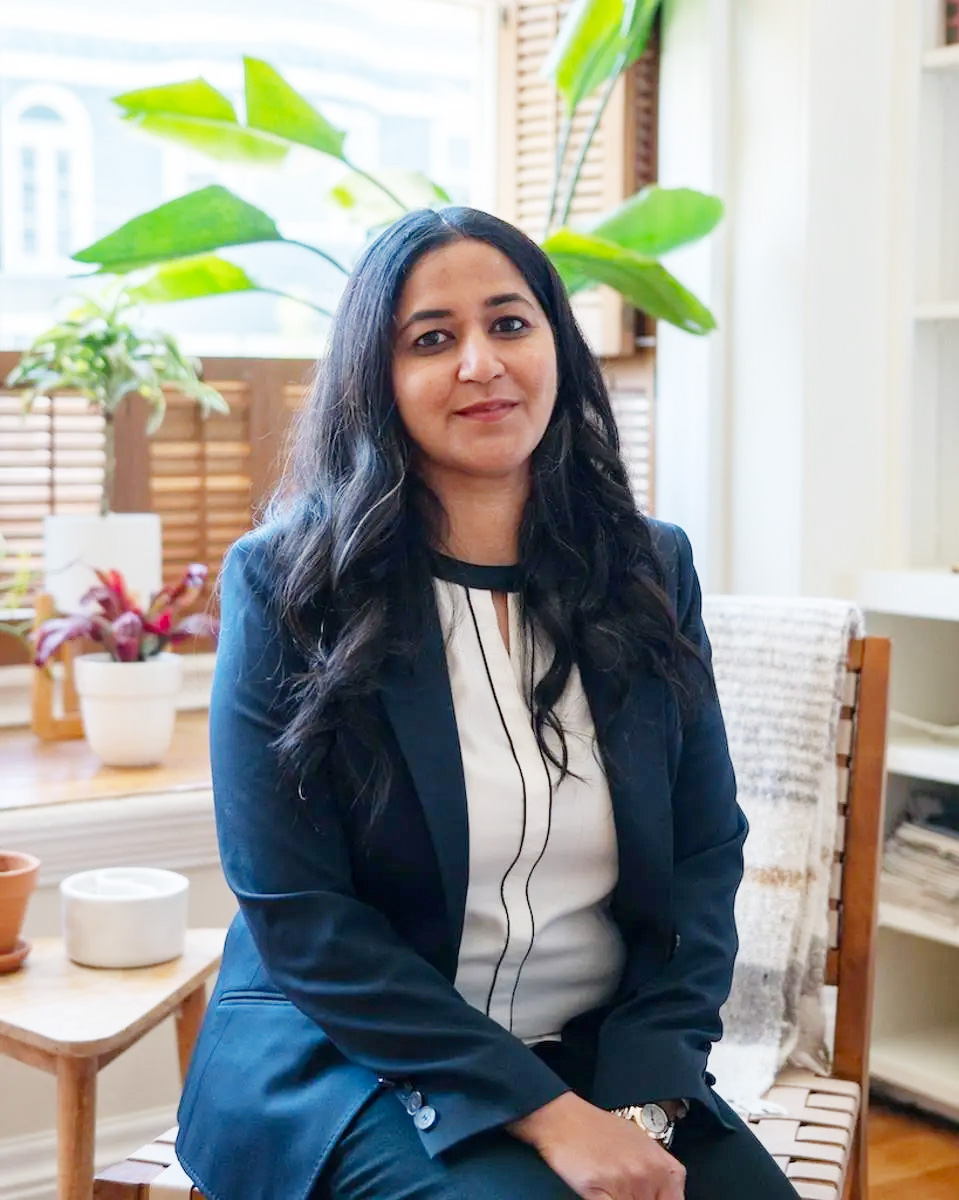
If you’re not a parent – or not currently in your parenting years — you might not have realized that the U.S. health care system for mothers and newborns has been getting worse. Perhaps, a lot worse.
First, the U.S. rates of pregnancy-related deaths are shockingly high, and climbing. The underlying issue, translated into lay language, seems to be a lack of support, with most of the resources focused on the event of the birth itself, rather than the complex emotional and physical changes of the months preceding and following the birth. One sign of this lack of support: Mental health conditions – meaning, suicide and drug overdose – are the single highest cause of pregnancy-related deaths.
Some poor mothers in our tiered system of health care get little prenatal care. And almost everyone except for the very wealthy gets very little postnatal care. Anyone who has had a recent birth in the family can attest to mothers being sent home from the hospital within a day or two, physically spent, exhausted and overwhelmed. If you’re lucky you have extended family or an unusually supportive ob/gyn practice that connects you with other services, which might or might not be paid for.
American society seems to be in danger of losing the capacity to develop and maintain systems to support mothers – and parents in general. Consider a couple of other recent news stories.
In 2022, there was such a severe shortage of infant formula – related to safety recalls and consolidated manufacturing — that President Joe Biden had to invoke the Defense Production Act. Just take a step back and consider this: The United States is the best in the world at building bombs. Is it devoting so much of its manufacturing prowess to the military that it is losing its capacity to make food for babies? This makes Dwight Eisenhower look positively prescient when he said, in 1953: Every gun that is made, every warship launched, every rocket fired signifies, in the final sense, a theft from those who hunger and are not fed, those who are cold and are not clothed. This world in arms is not spending money alone. It is spending the sweat of its laborers, the genius of its scientists, the hopes of its children.
The Cold-Hearted Country
And just recently, The Two-Parent Privilege, a book by Melissa S. Kearney, a researcher at the University of Maryland at College Park, revealed in statistics what we single mothers have long known: It is so much harder to be a single parent that the outcomes are worse for children. “I’m just not sure what we can do about it in a society that seems designed to punish rather than provide solutions. It might not be a plot, but it sure can feel that way when it’s just you and your kid against the world,” wrote Leslie Gray Streeter, a writer and single mother who works at The Baltimore Banner, in her article about the book.
Of course, when systems start to decline, good-hearted people step up to the plate to find solutions, and also to make money by doing so through business. This the flip side of America: Its focus on innovation and enterprise to solve problems. I’m writing about two such innovators this week, focused on newborns and mothers, and will keep going on the women-founded or oriented companies for next month or so.
A New VC-Backed Concept for Maternity Care
In September 2022, Anu Sharma, a former health insurance executive, raised $6.8 million in a seed round led by TMV and BBG Ventures for a clinic and network that aims to help raise the standard for pre and post-natal care in the United States. Other investors included Ingeborg Investments and RH Capital.
Sharma started her company, Millie, after her own birthing experience brought her close to death.
She had gestational hypertension, an unplanned C-section. “She left the hospital with her newborn and was given the standard line for most new mothers: Come back in six weeks. Thirty-six hours after being discharged from the hospital, Anu was on the verge of a stroke with postpartum preeclampsia with HELLP syndrome (hemolysis, elevated liver enzymes, low platelets) – a severe complication. Coming from a family of physicians with a long background in healthcare, she recognized the signs and took herself back to the hospital ER – it saved her life,” the company’s publicist wrote.
Millie, has opened its first clinic in Berkley and as of the middle of January had seen 100 births. It’s also appointed a head of growth, Kimmie Carey, a former venture capitalist. What sets the concept apart is that patients are matched to a care team, including an ob-gyn, a midwife and a doula. The team, plus the online network, offers new mothers medical care, and emotional and physical support through all the surrounding health challenges of becoming a parent, including nursing and hormonal changes. Specifically, Millie offers three postpartum visits, including a first week at-home visit.
Millie is also pointedly pro-choice. “Millie recognizes not every pregnancy results in a birth, and is committed to increasing access to medical abortion care during a crucial time for reproductive rights in the U.S.,” according to its press release.
Sharma offers entrepreneurs advice for fundraising, including taking a process-focused approach. “Raise from a position of strength, take a few early meetings to fine-tune your pitch, and work down a prioritized list of conversations,” she said in an email.
Elizabeth MacBride is a Senior Contributor to Forbes